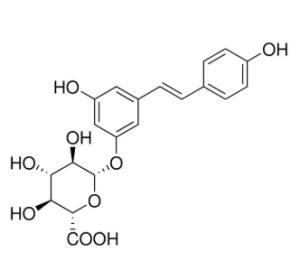In vivo animal studies
Type of study:: In vivo animal study (murine intracranial aneurysm model) First author:: Dang et al. Author affiliations::
-
Hamamatsu University School of Medicine, Hamamatsu
-
Dept. of Neurosurgery
-
Dept. of Anesthesia and ICU
-
Dept. of Medical Education
-
Dept. of Pharmacology
-
Asahikawa University School of Medicine, Asahikawa
-
Dept. of Anesthesia and ICU
-
Hamamatsu Medical Center, Hamamatsu
-
Dept. of Neurosurgery
Journal:: Journal of Neuroscience Research Purpose:: To evaluate whether dietary resveratrol prevents formation or rupture of intracranial aneurysms via anti‑inflammatory mechanisms. Conclusions::
-
No significant reduction in aneurysm formation incidence
-
Marked reduction in rupture rate (88 % → 40 %, p=0.026)
-
Modulation of inflammatory markers: ↑Sirt1, ↓Nfkb1, ↓Tnf
Citation:: 1)
Critical Review
1. Model limitations The elastase + DOCA‑salt murine model poorly reflects human aneurysm pathophysiology, lacking hemodynamic fidelity. No histological validation of aneurysm similarity or wall integrity is presented.
